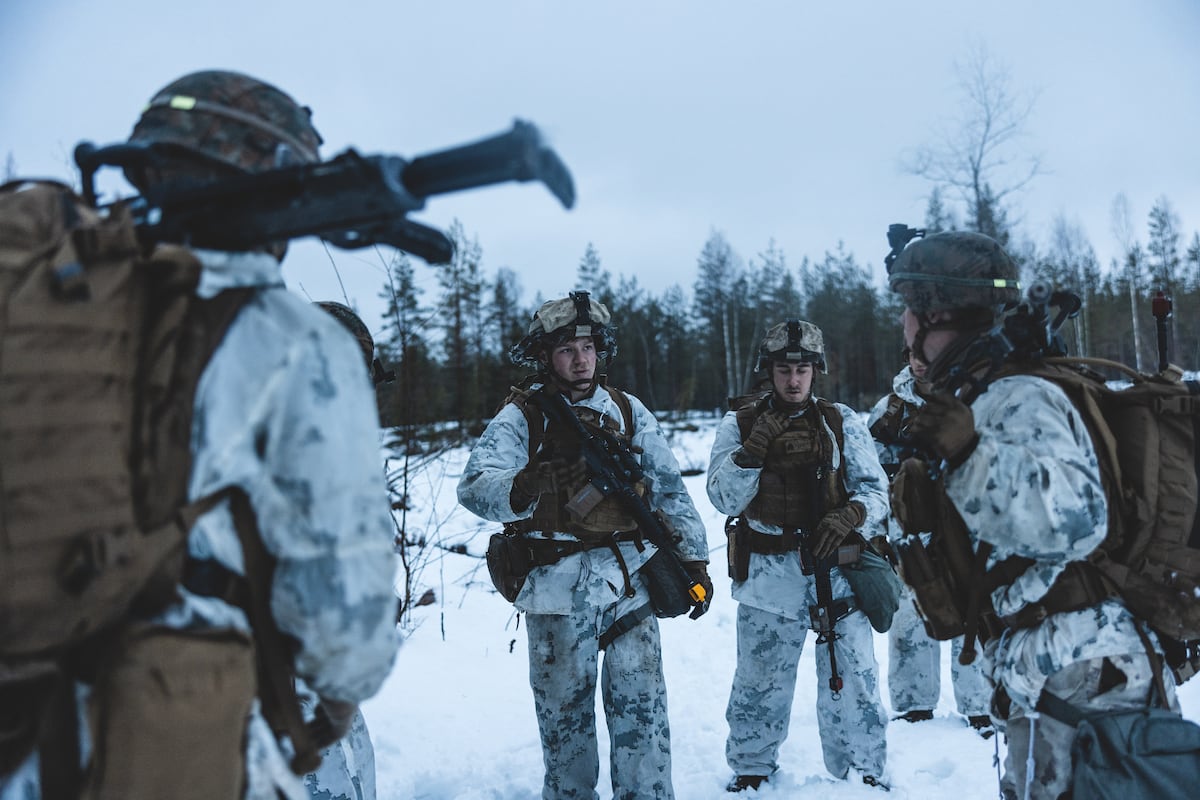The escalating collaboration between China and Russia in the Arctic has prompted urgent calls from U.S. military officials for increased attention and resources in this strategically vital region. Iris A. Ferguson, the deputy assistant secretary of defense for Arctic and Global Resilience, highlighted that China's ambitions extend beyond military maneuvers; they encompass scientific research initiatives that could solidify its influence and economic foothold in the Arctic. The Pentagon's concerns are compounded by a notable uptick in joint military exercises, including recent air patrols and training in the Bering Strait, which signal a new level of cooperation that could threaten U.S. interests and security in the area.
To counter these growing threats, the Pentagon's 2024 Arctic Strategy emphasizes the need for a robust U.S. presence, enhanced training exercises, and strengthened alliances with northern European partners. Ferguson underscored the importance of being vigilant about the strategic intentions of both China and Russia, particularly as climate change continues to open new shipping routes and access to resources. The U.S. must leverage its military capabilities and collaborative exercises to deter potential aggression and maintain stability in the Arctic, ensuring that it remains a competitive player in this increasingly accessible and contested region.








